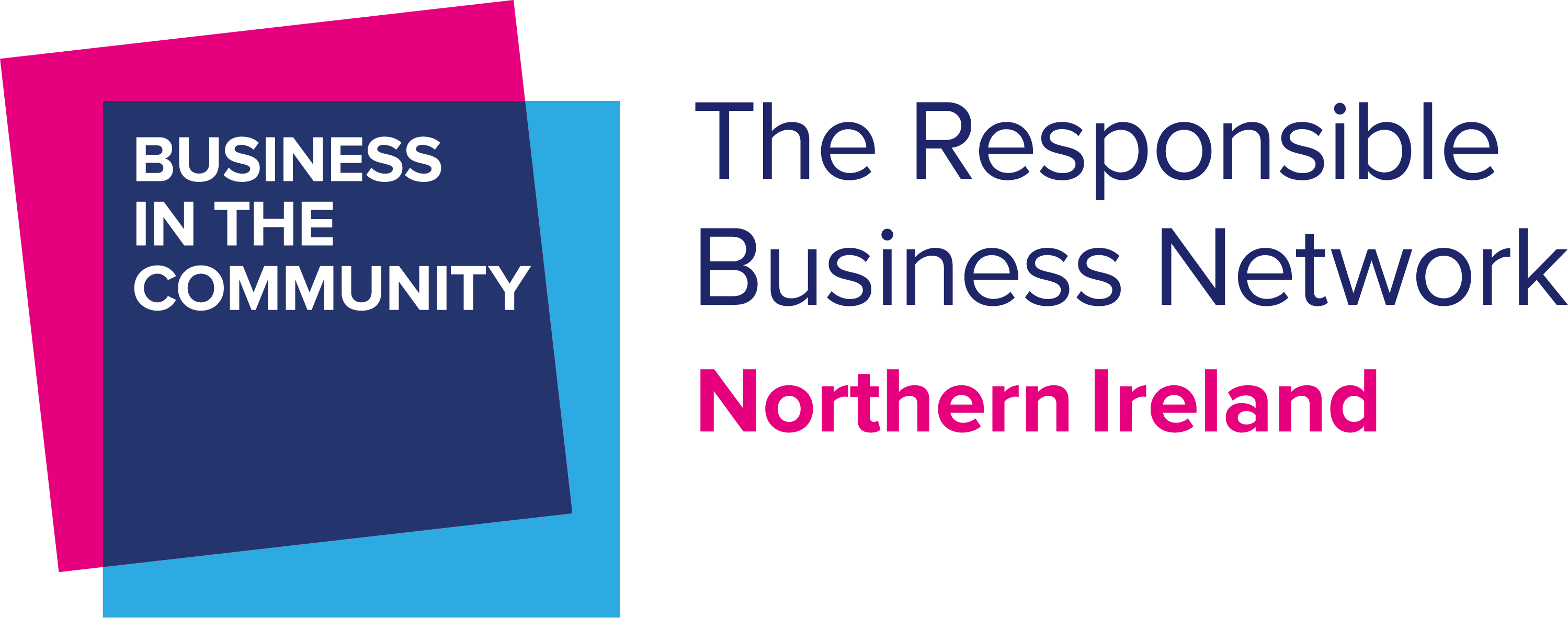When nothing is sure, everything is possible
At a global level, the fourth digital revolution is firmly here, and technology is continuing to disrupt traditional business models, whilst shaping the future of work and the skills that will be needed in the years to come.

We find ourselves in interesting times. The pace of change is relentless in Northern Ireland, and uncertainty seems to the only constant.
At a global level, the fourth digital revolution is firmly here, and technology is continuing to disrupt traditional business models, whilst shaping the future of work and the skills that will be needed in the years to come.
The global political landscape is challenging to say the least, and any potential fall-out will likely have implications for us, both as citizens and as businesses.
Closer to home, we are faced with our own unique set of challenges that stem from our current political situation and the impending impact of Brexit.
With Northern Ireland set to lose out on approximately £600 million in EU funding when we depart from the EU, the financial implications, particularly for the community and voluntary sectors will be hard-felt.
In addition, we will be faced with questions around future border arrangements – this is likely to have a huge impact, not only on the businesses that already operate here, but also on future Foreign Direct Investment.
Despite the recent promise of a £650 million boost for Northern Ireland in the latest budget, without an Executive in place, it is unclear how the money will be spent and what the priorities will be.
Resources within our schools are stretched more than they ever have been before, and this has the potential to undermine the learning and development of the next generation, and ultimately our long-term sustainability.
Whilst these challenges affect all our citizens, the uncertainty brings a disproportionate impact on business. And it is how business responds to these challenges that it will be judged.
That is why this week we turn the spotlight on the responsibility of business and consider the future role of business in this changing and uncertain world. In the context of exploring the future role of business we must also consider those great examples of responsible business here in Northern Ireland today which may show that Northern Ireland business is preparing for the new world order.
The Future of Responsible Business
In our latest publication, The Future of Responsible Business, we examine the current trends around responsible business. The Edelman Trust Barometer (2018) revealed that trust in business is at an all-time low in the UK, with less than half of those surveyed saying they have trust in business, and only 20% of the UK population believe their standard of living will improve in the next two years.
Yet while trust is low, society expects more of its business and its leaders.
The study found that the UK population expects business to drive change, with 60% of respondents saying they expect CEOs to lead on change, rather than waiting on regulators to enforce it. Our young people expect business to address social and environmental issues with 94% of Gen Z expressing such views.
In a similar vein, 93% of employees want to work for employers who care about them as individuals.
The growth in digital technology presents both new opportunities and challenges of business. The introduction of new technologies, such as automation and artificial intelligence (AI), is fundamentally changing the skills that will be required in the future.
How does business meet society’s expectations when uncertainty surrounds the very composition of its business model and its future workforce?
What we at Business in the Community do know is that the future prosperity of business and society is inextricably linked.
Whilst digital technologies could help provide better access to education for 450 million people worldwide, in stark contrast, it is estimated that as many as 10 million jobs could be lost in the UK by 2020, due to automation*.
For business to compete in the digital world it will need diverse, talented and skilled young people entering the labour market for the first time – or those people looking to return to employment. In return they want supportive, secure and responsible employers.
The gap between those who are benefitting from the changes and those who are not is no longer acceptable. Experience has taught us that this can create a fracture in society and a further breakdown in trust between business and society.
We believe that business has a powerful role to play in ensuring that our communities, our children and young people, will benefit. As a recent House of Lords select committee report highlighted, “All citizens should have the right to be educated to enable them to flourish mentally, emotionally and economically alongside artificial intelligence”.
So that’s why this year, as part of Responsible Business Week we want to share those examples of good business in practise. Where business in Northern Ireland demonstrates its stories of how it is helping to build a sustainable future for all our citizens by engaging in innovative approaches, embracing new technology, supporting the most vulnerable and creating healthy communities, whilst delivering long-term financial value.
We want to inspire meaningful change by shining a spotlight on those businesses making a difference.
Source: *A Brave New World


